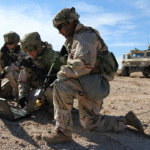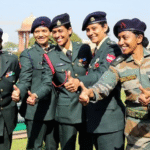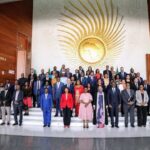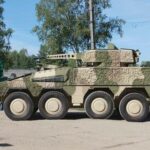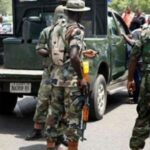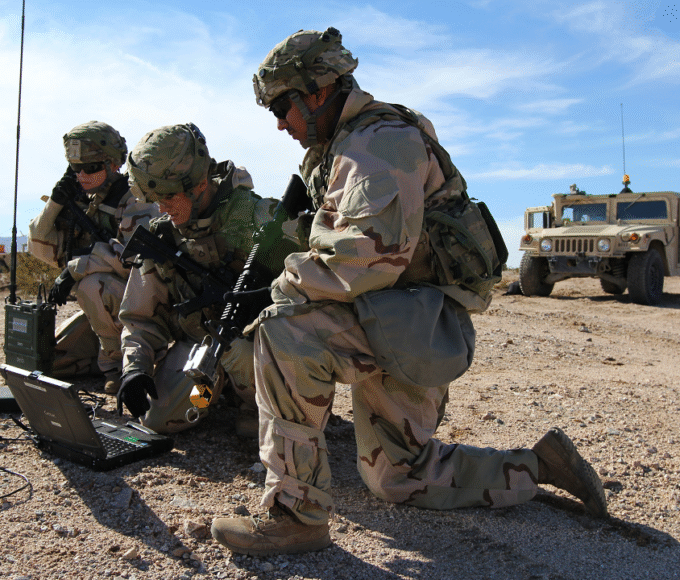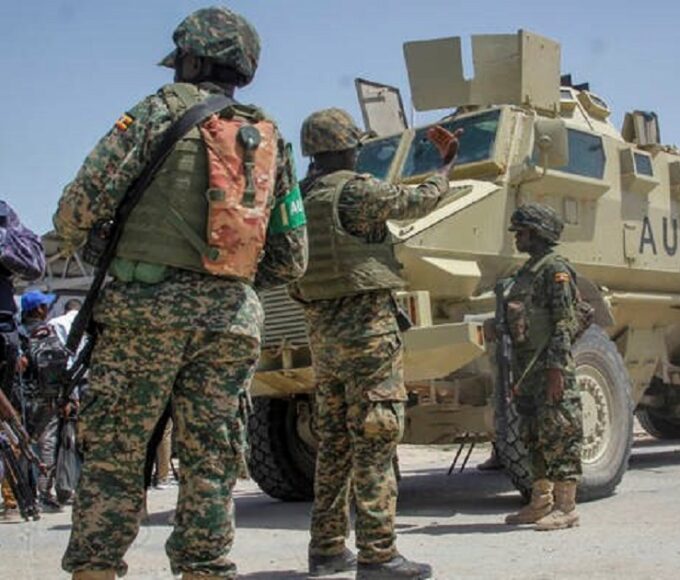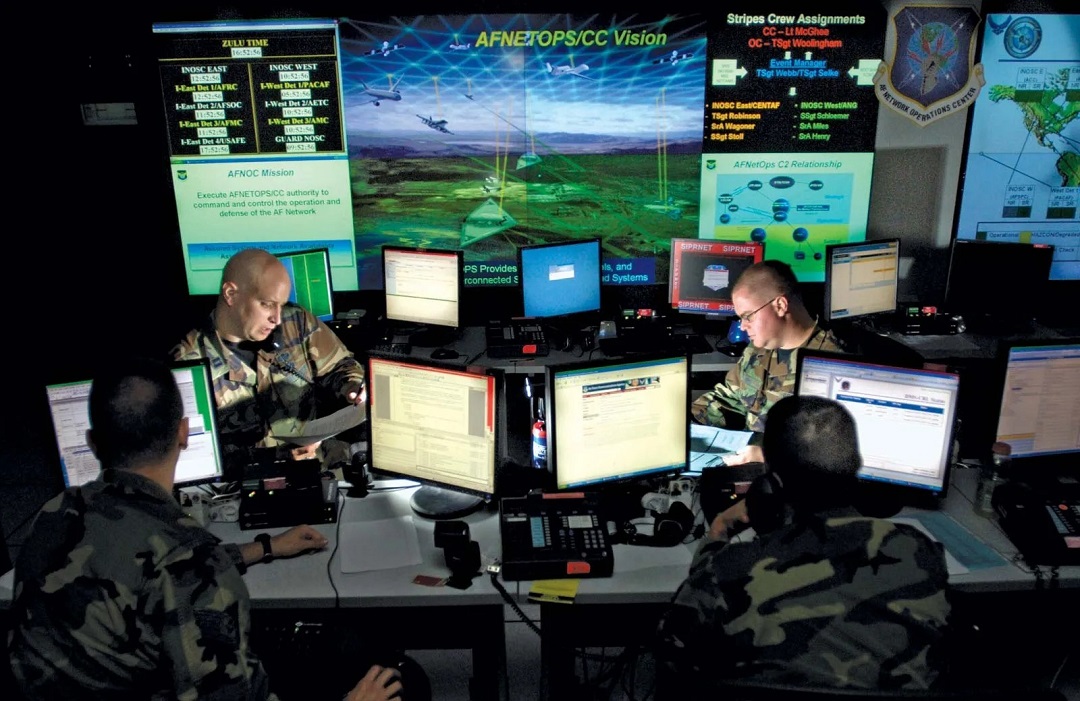
RESOURCES – AFRICAN WAR DOCUMENTARIES WORTH WATCHING
Africa’s modern history has been shaped by struggles that transformed nations: from anti-colonial uprisings and apartheid’s brutality to genocides and mineral-fueled civil wars. Too often, these conflicts are reduced to statistics and overshadowed by global narratives. Documentaries offer a corrective pairing survivor testimonies, archival footage, and sharp analysis to humanize tragedy and highlight resilience.
In a time of misinformation, such films are invaluable for students, activists, and anyone seeking deeper insight into Africa’s turbulent past and present. Below are eight standout documentaries chosen for their rigor, accessibility, and impact that illuminate the human cost of war and the lessons it carries.
Related Article: COLD WAR AFRICA: PROXY WARS AND THEIR IMPACT
Concerning Violence (2014, dir. Göran Olsson)
Based on Frantz Fanon’s The Wretched of the Earth, Olsson explores anti-colonial uprisings in Algeria, Guinea-Bissau, Angola, and Mozambique. Archival footage from Swedish TV captures raw moments of liberation struggles, narrated with urgency by Lauryn Hill.
Why watch? A cinematic primer in postcolonial theory, concise at 85 minutes and ideal for sparking debate. Available on Kanopy and Amazon Prime.
Lumumba: Death of a Prophet (1990, dir. Raoul Peck)
Raoul Peck revisits the rise and CIA-backed assassination of Patrice Lumumba, Congo’s first prime minister. Interviews, newsreels, and personal footage expose Cold War meddling and Lumumba’s betrayal by global powers.
Why watch? Essential for understanding Congo’s fractured legacy and the human cost of foreign intervention. Criterion Channel; 72 minutes.
Amandla! A Revolution in Four-Part Harmony (2002, dir. Lee Hirsch)
During apartheid, music became both solace and weapon. This Oscar-nominated documentary shows how songs by Miriam Makeba, Hugh Masekela, and countless others fueled South Africa’s anti-apartheid movement.
Why watch? A joyful reminder of culture’s role in resistance. On Netflix; 103 minutes.
The Triumph of Evil (1999, dir. Neil Docherty for PBS Frontline)
This Frontline investigation examines the 1994 Rwandan genocide, when 800,000 Tutsis were killed in 100 days. Peacekeepers’ testimonies and propaganda clips expose global inaction and complicity.
Why watch? A stark indictment of “never again,” vital for classrooms and policy debates. PBS.org; 53 minutes.
This Is Congo (2017, dir. Daniel McCabe)
Filmed during the M23 rebellion, McCabe follows a doctor, a child soldier, and a military officer through Eastern Congo’s turmoil. The story connects local suffering to global demand for minerals.
Why watch? Gritty yet empathetic, praised for authenticity. 84 minutes; Vimeo and iTunes.
War in Congo: Trapped in a Spiral of Violence (2025, dir. DW Documentary)
Shot in Ituri Province, this new DW film captures militia clashes over gold and land in Congo’s decades-long war. Survivor testimonies link local horrors to global supply chains.
Why watch? Timely, urgent journalism on a “forgotten” conflict. 42 minutes; free on YouTube.
Inside Sudan’s Forgotten War (2024, dir. BBC Africa Eye)
Sudan’s 2023 civil war between the army and Rapid Support Forces has displaced millions. Smuggled footage and defector accounts reveal sieges, purges, and engineered famine.
Why watch? Rare insider access to a crisis still unfolding. 50 minutes; BBC iPlayer and YouTube.
Have You Heard from Johannesburg: Seven Years (2006, dir. Connie Field)
Part of a seven-part series, this film shows how global boycotts of the 1970s–80s pressured South Africa’s apartheid regime. Archival gems highlight campus protests and Steve Biko’s murder.
Why watch? A stirring example of global solidarity in action. 53 minutes per episode; Kanopy.
These documentaries are not passive chronicles but urgent calls to witness. They counter reductive portrayals of Africa as chaotic, instead revealing organized resistance, cultural defiance, and enduring hope. In 2025 when wars in Sudan and Congo still rage watching and sharing these stories is more than education: it’s an act of solidarity.
King Richard Igimoh, Group Editor ALO
King Richard Igimoh, Group Editor African Leadership Organisation is an award-winning journalist, editor, and publisher with over two decades of expertise in political, defence, and international affairs reporting. As Group Editor of the African Leadership Organisation—publishers of African Leadership Magazine, African Defence & Security Magazine, and Africa Projects Magazine—he delivers incisive coverage that amplifies Africa’s voice in global security, policy, and leadership discourse. He provides frontline editorial coverage of high-profile international events, including the ALM Persons of the Year, the African Summit, and the African Business and Leadership Awards (ABLA) in London, as well as the International Forum for African and Caribbean Leadership (IFAL) in New York City during the United Nations General Assembly.
Recent Posts
Categories
- Air & Aerospace16
- Border Security15
- Civil Security4
- Civil Wars4
- Crisis5
- Cyber Security8
- Defense19
- Diplomacy19
- Entrepreneurship1
- Events5
- Global Security Watch6
- Industry8
- Land & Army8
- Leadership & Training5
- Military Aviation5
- Military History27
- Military Speeches1
- More1
- Naval & Maritime9
- Resources2
- Security12
- Special Forces1
- Systems And Technology9
- Tech6
- Uncategorized3
- UNSC1
- Veterans6
- Women in Defence9
Related Articles
CYBER ESPIONAGE WARS: HOW GLOBAL POWERS USE AFRICA AS A BATTLEGROUND
Africa has become the silent front line in a shadow war where...
ByKing Richard Igimoh, Group Editor ALONovember 18, 2025PROFILES IN COURAGE: LEGENDARY AFRICAN COMMANDERS AND THEIR LEGACIES
Africa’s military history is a tapestry of resilience and strategic brilliance, shaped...
ByKing Richard Igimoh, Group Editor ALONovember 17, 2025THE NIGERIAN CIVIL WAR (1967–1970)
The Nigerian Civil War, or Biafran War, lasted from July 6, 1967,...
ByKing Richard Igimoh, Group Editor ALOOctober 9, 2025



